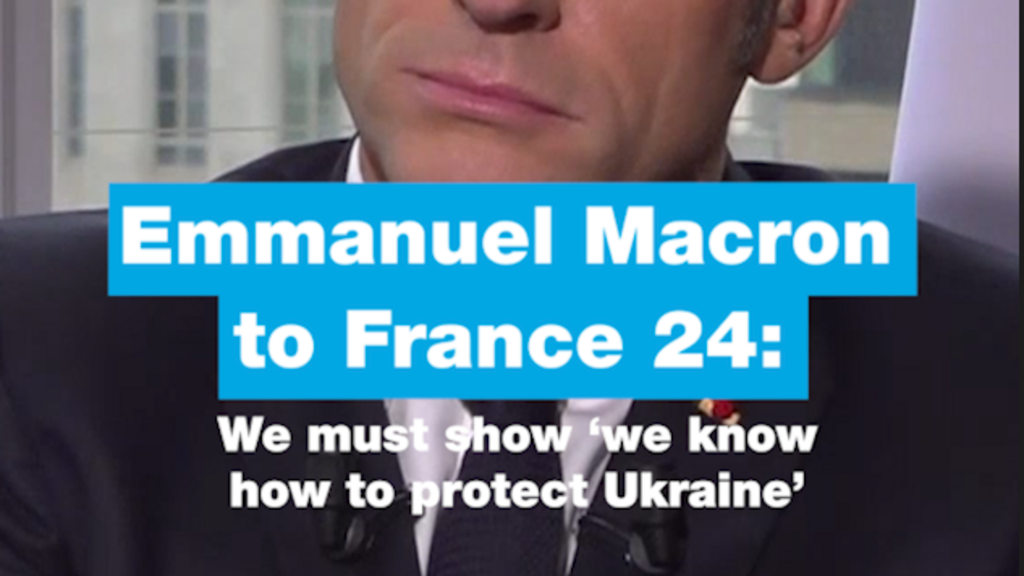Bart M. J. Szewczyk, a nonresident Senior Fellow at the German Marshall Fund and an adjunct professor at Sciences Po, recently discussed Donald Trump's latest remarks regarding Russia in a conversation with Genie Godula. Trump's recent statements, which suggested that Ukraine could potentially "win back all of its territory," signify a noteworthy shift from his previous ambivalent and somewhat sympathetic approach toward Moscow during his administration.
Szewczyk emphasized that this shift in rhetoric should not be taken at face value. He pointed out that while Trump's comments indicate a significant diplomatic change, it remains uncertain whether this will lead to increased economic pressure on Russia or enhanced military support for Ukraine. His observations reflect a cautious yet perceptive understanding of the intricacies surrounding U.S.-Russia relations and the ongoing conflict in Ukraine.
The context of Trump's remarks is critical in understanding the implications of his statements. Historically, Trump's administration has displayed a level of affinity toward Russia, often raising concerns about its effects on U.S. foreign policy and international alliances. The recent pivot away from that stance indicates a potential recalibration within the U.S. government's approach to the ongoing conflict in Ukraine, particularly as the situation continues to evolve.
Moreover, Szewczyk's analysis draws attention to the broader geopolitical landscape, where Russia's actions have faced significant scrutiny and condemnation from various stakeholders, including NATO allies and Western nations. As the war in Ukraine progresses, the importance of U.S. diplomatic rhetoric becomes paramount in shaping perceptions and responses from both allies and adversaries.
Szewczyk’s caution regarding the sincerity and potential impact of Trump's statements reflects a broader skepticism that often accompanies political rhetoric. In the realm of international relations, words can serve multiple purposes, and their effectiveness is often contingent upon subsequent actions. Therefore, the critical question remains: Will Trump's rhetorical shift translate into tangible policy changes that affect the dynamics of U.S.-Russia relations and the support for Ukraine?
In conclusion, while Trump's latest comments suggest a departure from previously established views regarding Russia, the implications of this diplomatic pivot will become clearer over time. Observers will be keenly monitoring whether this shift leads to increased pressure on the Kremlin and bolstered support for Ukraine in its ongoing fight for sovereignty. The situation continues to unfold, and the international community will be watching closely as developments arise.












